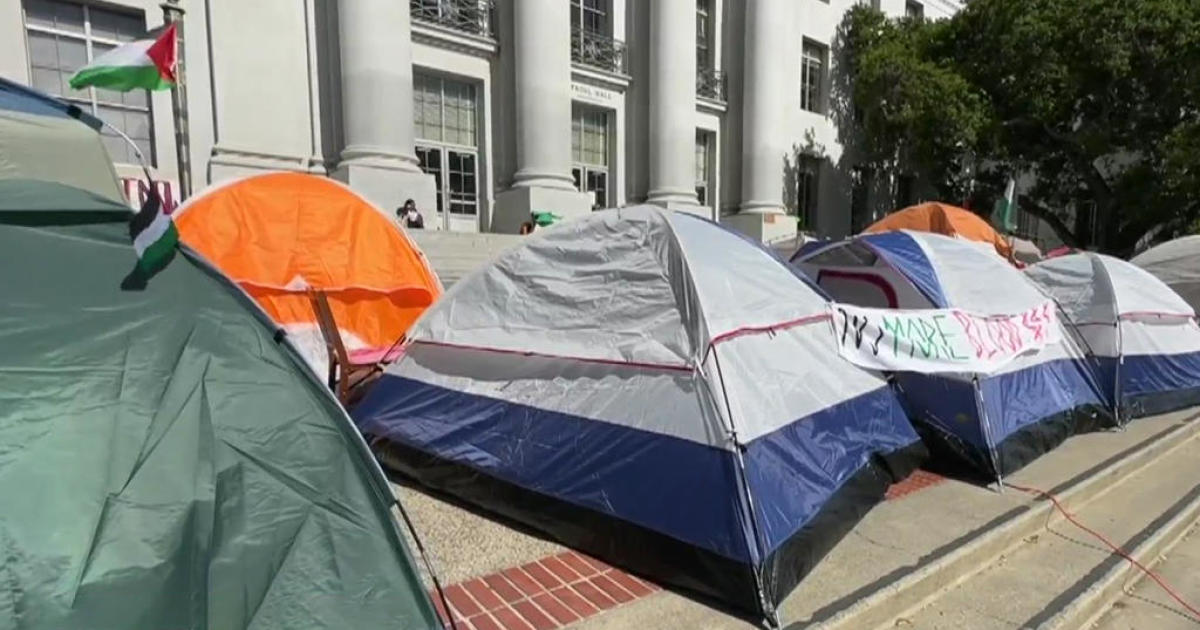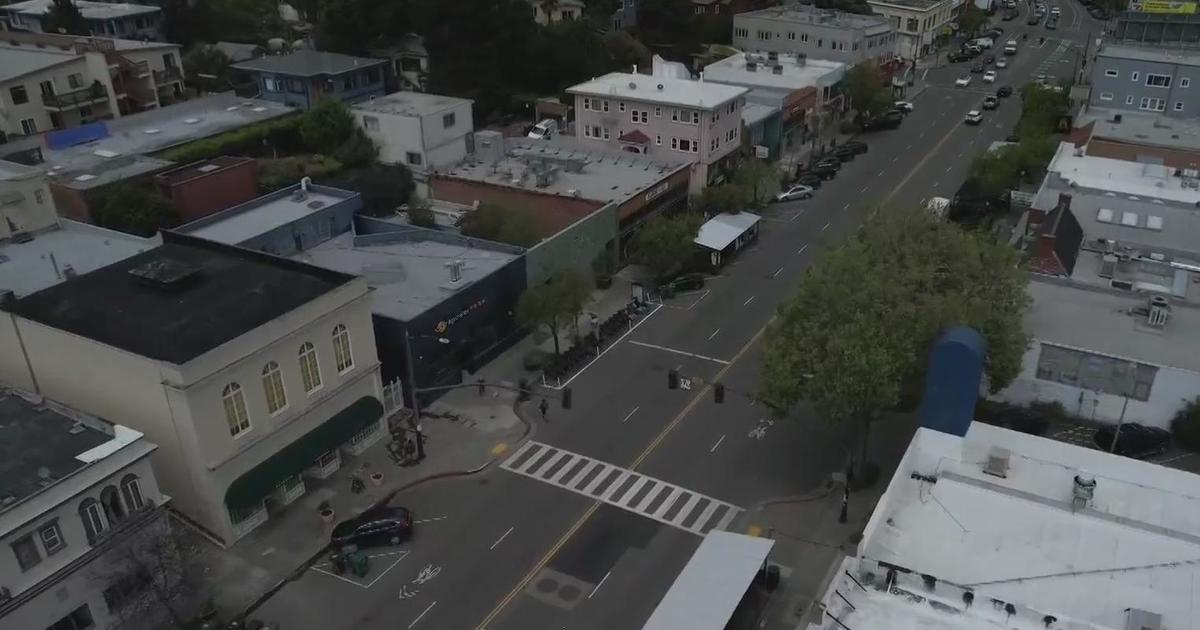KCBS Cover Story Series: California Drought Hammering Central Valley Farms, Businesses
ORANGE COVE, Calif. (KCBS) — California's record drought is affecting just about everyone across the state but the Central Valley's multibillion-dollar agricultural industry may be experiencing the impact the most.
Tom Fry has what is considered to be small farm in Madera County—about 250 acres.
"We have almonds, row crops and turkeys," he said.
But due to the drought, Fry is farming on just half of his land, relying solely on well water—which doesn't come cheaply.
"We've got one well stuck in the ground; it's going to cost $50,000 to fix," he said.
KCBS Cover Story Series: California's Farmland Drought, Part 2 Of 4
Fry said he's "absolutely worried" about his livelihood and so is Adam Shasky, another small-time farmer who's relying on ground water.
"You know my family—we have just under 200 acres of almonds and walnuts and we have one well that we depend on," he said.
"We've actually seen issues with our orchards not being able to keep up where they're not going to have the crop that they normally have."
But Shasky is thankful to have a crop as some farmers this summer are pushing over trees because they don't have enough water coming from the surface or the ground.
"Some of them are just turning the water off and hoping they survive, some of them are just giving a minimal amount of water and others are actually are going in and pushing the trees out," Shasky said.
Orange Cove, east of Fresno is about 90 percent orange orchards and 70 percent of those growers have been significantly impacted by the drought.
"We really need more water coming down the Friant-Kern Canal and we need it badly. We need it yesterday, we need it two months ago but we'll take it as soon as we can get it," Kevin Severns, general manager of the Orange Cove-Sanger Citrus Association, said.
And for those lucky enough to have well water, there is no telling how long it will last.
"Things appear to be dropping worse and worse, kind of exponentially," Fergus Morrissey, the general manager of the Orange Cove Irrigation District said.
"In a few more months, we're going to know whether or not we're in a complete disaster or a 50 percent disaster."
It's a disaster that could have over 400,000 acres of farmland left fallow this year and cause food prices for everyone.
"I think we're going to see some increases. I don't think they will be long term-increases but maybe short-term increases due to the drought this year," Andrew Starbird, dean of Santa Clara University's Leavey School of Business, said.
In Part 3 of the KCBS Cover Story series, reporter Matt Bigler will get a glimpse at how California's ongoing drought in the Central Valley is affecting farm workers.



